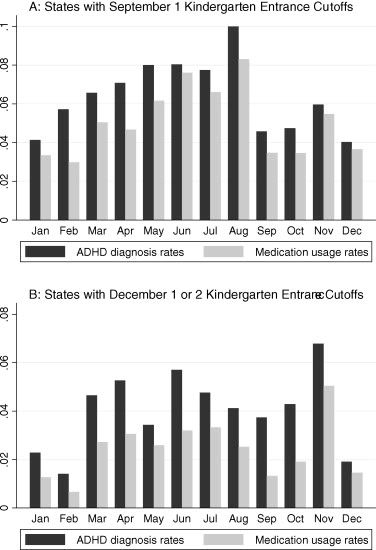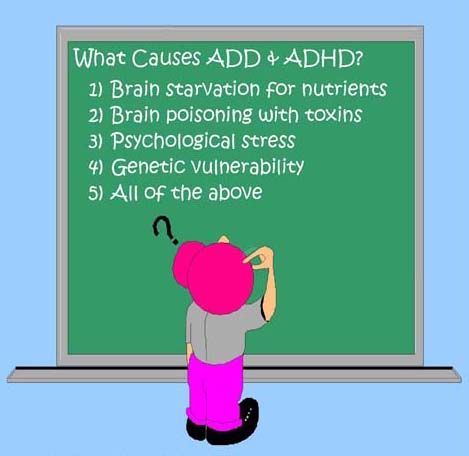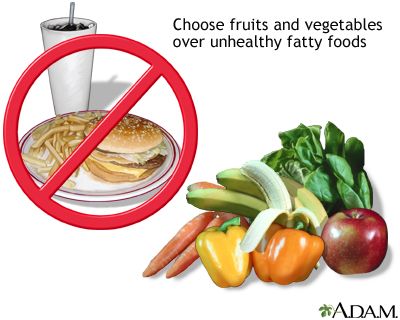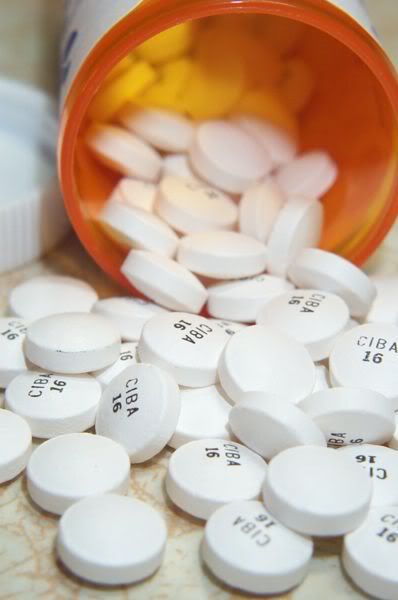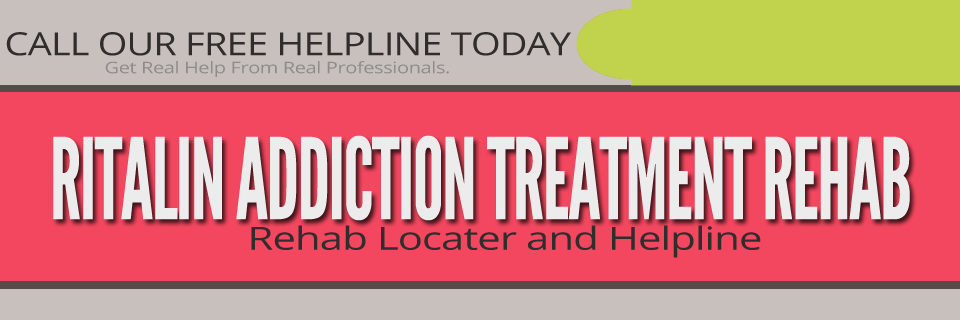There are currently 3 million children in the United States who take medication for attention deficit disorder. Over the past 30 years, drugs consumption for attention-deficit disorder has increased twentyfold. At the end of 2011, a
shortage of drugs like Ritalin and Adderall caused parents to panic because they believed these drugs were vital to their child’s ability to function. Were these fears justified?

There is indisputable evidence that attention-deficit disorder drugs are effective in the short-term, but the long term success of these drugs is questionable. A child’s body begins to adapt to attention deficit disorder drugs after a few weeks when common side effects like loss of appetite and sleepiness begin to subside. After a while, a child’s body begins to develop a tolerance to the attention-deficit disorder drugs, limiting its effectiveness. When the parents decide to take the child off attention-deficit disorder drugs, the child’s body has become dependent on these drugs and their behavior tends to worsen. Parents routinely associate these behavioral outbreaks as a sign the medication is effective, but the response is due to the body’s dependency similar to irritability after quitting smoking.

In 2009, a study published its finding after studying 600 with attention deficit disorder split into 4 groups. The study divided the groups by
1. Receiving medication alone
2. Receiving cognitive behavioral therapy alone
3. Receiving medication and therapy
4. Receiving nothing (control group)
The study initially saw children receiving medication perform better, but after 8 years there was no evidence suggesting that medication produced any academic or behavioral benefits. To date, there is no credible study that has found any long-term benefits from taking attention-deficit disorder medication in terms of academic performance, peer relationships, or behavioral problems.
Neuroscience shows children with attention-deficit disorders possess brain abnormalities, supporting the theory that attention deficit disorder is an inborn brain malfunction; however, we do not know if the cause of these abnormalities occurred at birth or through experiences. In 1975, a study enrolled 200 pregnant mothers living in poverty and tracked the lives of their children. By late adolescence, 50 percent of the group qualified for a psychiatric diagnosis and almost half of the children displayed behavioral problems at school on one occasion. By 6
th grade, 14 percent of these children met the criteria for attention-deficit disorder.

Research shows the likelihood of a baby, in any socio economic group, having attention-deficit disorder is 8 percent, 6 percent lower than the study group. The data shows a higher likelihood of children in poverty stricken areas to develop attention deficit disorder; however, no evidence suggests neurological anomalies at birth, I.Q, or infant temperament can successfully measure the likelihood for attention deficit disorder. Alan Srofue, professor emeritus of psychology at the University of Minnesota’s Institute of Child Development writes,
The illusion that children’s behavior problems can be cured with drugs prevents us as a society from seeking the more complex solutions that will be necessary. Drugs get everyone — politicians, scientists, teachers and parents — off the hook. Everyone except the children, that is. If drugs, which studies show work for four to eight weeks, are not the answer, what is? Many of these children have anxiety or depression; others are showing family stresses. We need to treat them as individuals.
Do you think prescription drugs are the answer for attention deficit disorder symptoms?
For more information, visit
Children’s ADD Drugs Don’t Work Long Term,
No Long-Term Benefit of ADHD Meds, and
ADHD Drugs Don't Help Children Long Term


